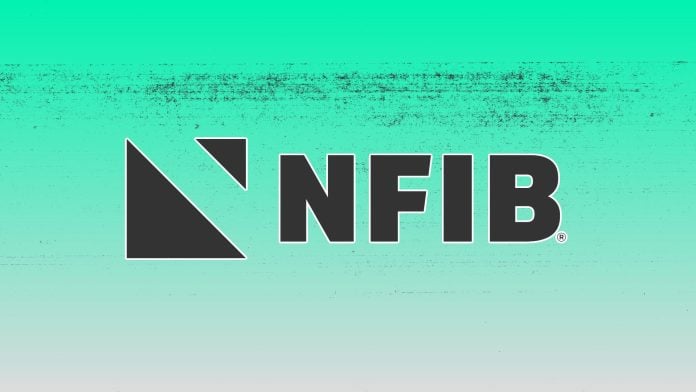In a recent development concerning the Paycheck Protection Program (PPP), the U.S. government has reached a settlement with Education for Just Peace in the Middle East, also known as US Campaign for Palestinian Rights (EfJP). The organization, a Washington, DC-based nonprofit, has agreed to pay $353,000 to resolve allegations tied to its participation in the PPP, which was initially set up to aid businesses during the COVID-19 pandemic.
The PPP, part of the broader Coronavirus Aid, Relief, and Economic Security Act (CARES Act), provided critical financial support to organizations dealing with the economic fallout from the pandemic. Under this program, nonprofits, including EfJP, were eligible to apply for forgivable loans aimed at keeping employees on payroll and covering essential business expenses. EfJP had previously received a total of $308,905.28 through First and Second Draw loans, which they successfully had forgiven.
However, the terms applying to loan eligibility specified that organizations primarily involved in political or lobbying activities were not eligible for the program. According to the settlement announcement from United States Attorney Nicholas W. Chase, allegations arose suggesting that EfJP may not have met this crucial eligibility criterion. These claims were formally outlined in a whistleblower lawsuit filed by TZAC, Inc., a New York nonprofit.
For small business owners, this case underscores the importance of strict compliance with eligibility rules when applying for government assistance programs. The CARES Act aimed to provide fast relief during a national crisis, but these loans came with clear, defined conditions. The distinction in eligibility, particularly regarding political involvement, could serve as a critical lesson for business owners about the potential repercussions of not adhering closely to set guidelines.
“Investigations like this one reflect collaboration between the Small Business Administration and the U.S. Attorney’s Office,” commented SBA General Counsel Wendell Davis. “When whistleblowers uncover potentially fraudulent conduct, we work to recover SBA funds improperly obtained.” The investigative process highlighted here illustrates the role of internal and external oversight mechanisms that can affect nonprofit organizations and small businesses alike seeking government funding.
Despite the settlement, EfJP has denied any wrongdoing. This case highlights the ongoing complexities and challenges associated with navigating federal funds, particularly as businesses emerge from the pandemic’s influence. While the settlement resolves current claims, it serves as a reminder that businesses must remain vigilant about compliance and reporting.
Small business owners should also consider the broader implications of this case on their operations. It raises questions about the interplay between nonprofit activities and the pursuit of governmental support, especially in politically sensitive environments. It serves as a cautionary tale that even after receiving funding, organizations may find themselves vulnerable to scrutiny and legal challenges.
Moreover, this incident reinforces the value of whistleblower protections that encourage individuals to come forward with information about potential fraud. For small businesses, this means remaining aware of their rights and responsibilities regarding such reports, which can have a direct impact on their reputations and financial well-being.
Overall, the EfJP settlement serves as a critical alert for small business owners contemplating applying for government assistance programs. Understanding eligibility requirements, maintaining compliance, and monitoring legal developments is essential for effective risk management. The ramifications of this case highlight the intricate balance between receiving much-needed aid and ensuring adherence to the legal frameworks governing federal assistance.
For further information about government initiatives and compliance protocols, small business owners can explore resources provided by the U.S. Small Business Administration and the Department of Justice.
Businesses can stay informed about developments like these and ensure they are equipped to make prudent decisions by following updates from reliable sources. The implications extend beyond mere compliance, shaping the future of how nonprofits and small businesses alike engage with federal support systems in times of crisis. For more detailed information, readers can refer to the original press release at the U.S. Small Business Administration here.
Image Via BizSugar



